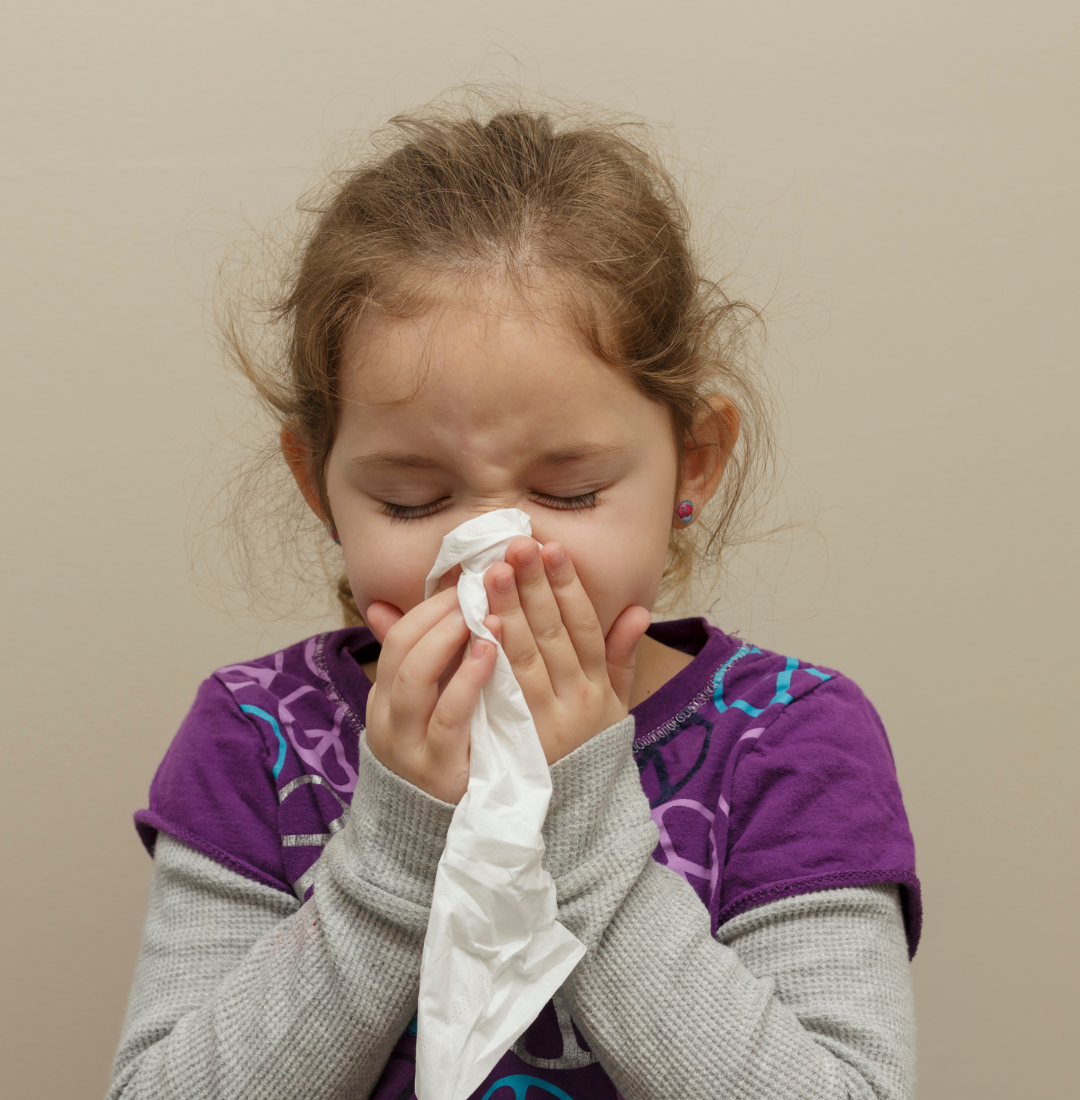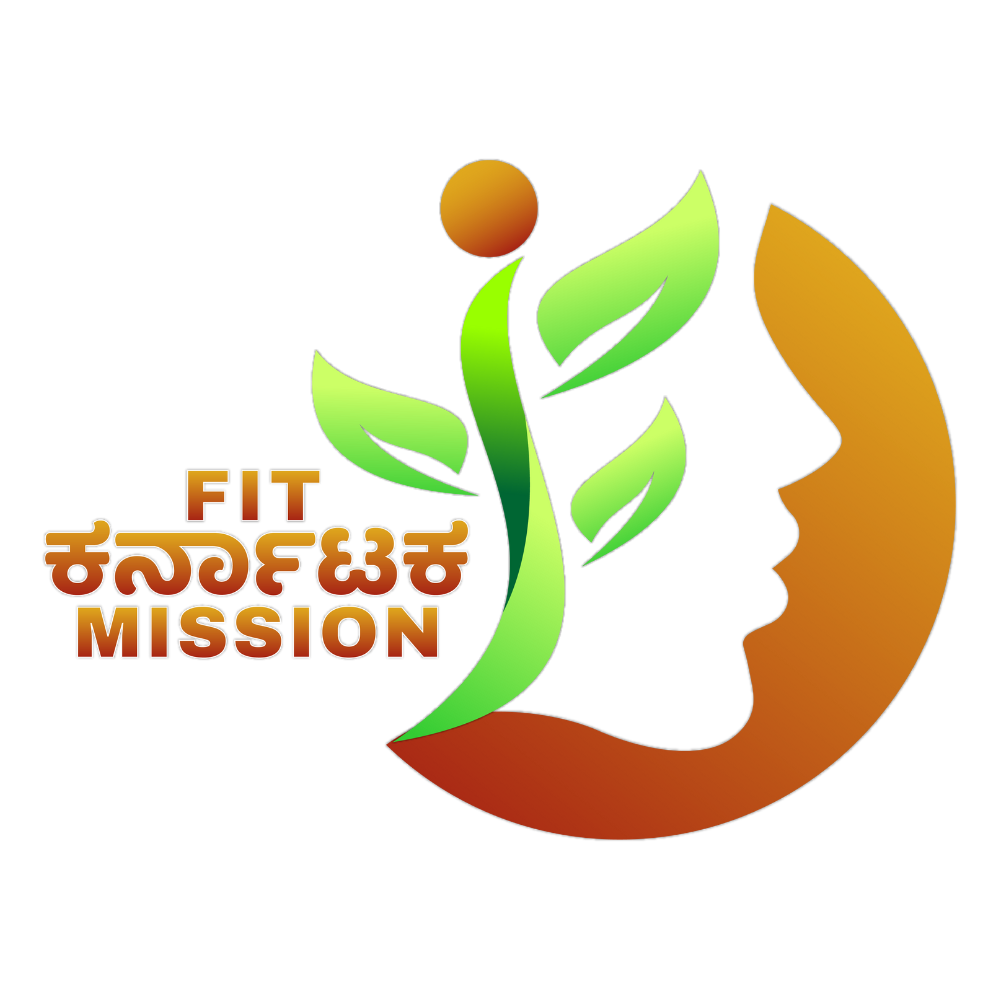
The Childhood Allergies Program at Fit Karnataka Mission focuses on identifying and managing food allergies and intolerances in children. These conditions can significantly impact a child's health, growth, and quality of life. Food allergies are immune system reactions that occur after consuming specific foods, causing symptoms ranging from mild (rashes, stomach pain) to severe (anaphylaxis). On the other hand, food intolerances do not involve the immune system but can still lead to discomfort like bloating, diarrhea, and headaches.
Understanding and managing these conditions is crucial for a child’s safety and well-being. Clinical nutritionist Pooja Ganesh offers tailored nutritional plans that eliminate allergenic foods while ensuring that children receive all the nutrients necessary for healthy development. Common allergens include dairy, nuts, eggs, soy, and wheat. By carefully assessing each child’s individual needs, she helps families navigate meal planning and food choices to avoid harmful reactions.
The program also provides education for parents on reading food labels, recognizing hidden allergens, and preventing cross-contamination. Additionally, Pooja works with families to find safe and healthy food alternatives that support the child’s growth while maintaining variety and balance in their diet.
Why Opt for the Childhood Allergies program with us?
- Customized Diet Plans: Tailored nutrition strategies that eliminate trigger foods while ensuring balanced nutrition.
- Expert Allergy Management: Professional guidance on identifying and managing food allergies and intolerances safely.
- Educational Support: Parents are educated on how to read labels, avoid allergens, and maintain a balanced diet for their child.
- Safe Food Alternatives: Recommendations for nutritious substitutes to allergenic foods that keep meals varied and interesting.
- Improved Quality of Life: Reduced symptoms and better overall health with effective allergy management and safe eating habits.
Childhood Allergies
Award Winning Clinical Nutritionist

Nutritionist Pooja Ganesh
Meet our award-winning Clinical Nutritionist, renowned for transforming over 6000 lives with her holistic approach to nutrition. Specializing in weight loss, PCOD, Thyroid, Diabetes, Infertility, Pregnancy, and more, she has earned accolades as the Best Nutritionist of the year in Karnataka, receiving the prestigious Indian Icon Award 2023. With a passion for helping others achieve their health goals, she combines her expertise with personalized care to empower individuals on their journey to optimal health. Join the thousands who have already experienced life-changing results under her guidance.
What’s Inside for You?!

Delicious Weight Loss Recipes

Home Based Workout Videos

Weekly Follow Up

WhatsApp Assistance

Recordings on Healthy Lifestyle

Home Based Diet Plan
Childhood Allergies FAQs
A food allergy triggers an immune response, while a food intolerance involves difficulty digesting certain foods but does not involve the immune system.
Common signs include hives, difficulty breathing, vomiting, or swelling after eating certain foods. Consult a doctor for allergy testing.
The most common allergens include milk, eggs, peanuts, tree nuts, soy, wheat, fish, and shellfish.
Food intolerances can lead to digestive issues like bloating, diarrhea, and stomach cramps, affecting the child’s overall comfort and growth.
A healthcare professional may perform a skin prick test, blood test, or an oral food challenge to diagnose food allergies.
Yes, many children outgrow allergies to milk, eggs, soy, and wheat, but allergies to peanuts, tree nuts, and shellfish are more likely to persist.
Avoid trigger foods, read food labels carefully, and educate caregivers about your child’s allergy to prevent accidental exposure.
For severe allergic reactions like anaphylaxis, an epinephrine injection (EpiPen) is required, followed by immediate medical attention.
Eliminate the offending food from their diet and offer safe alternatives. Enzyme supplements (e.g., lactase for lactose intolerance) may help in some cases.
Yes, with the right nutritional guidance and safe food alternatives, your child can maintain a balanced, nutritious diet without exposure to allergens.
